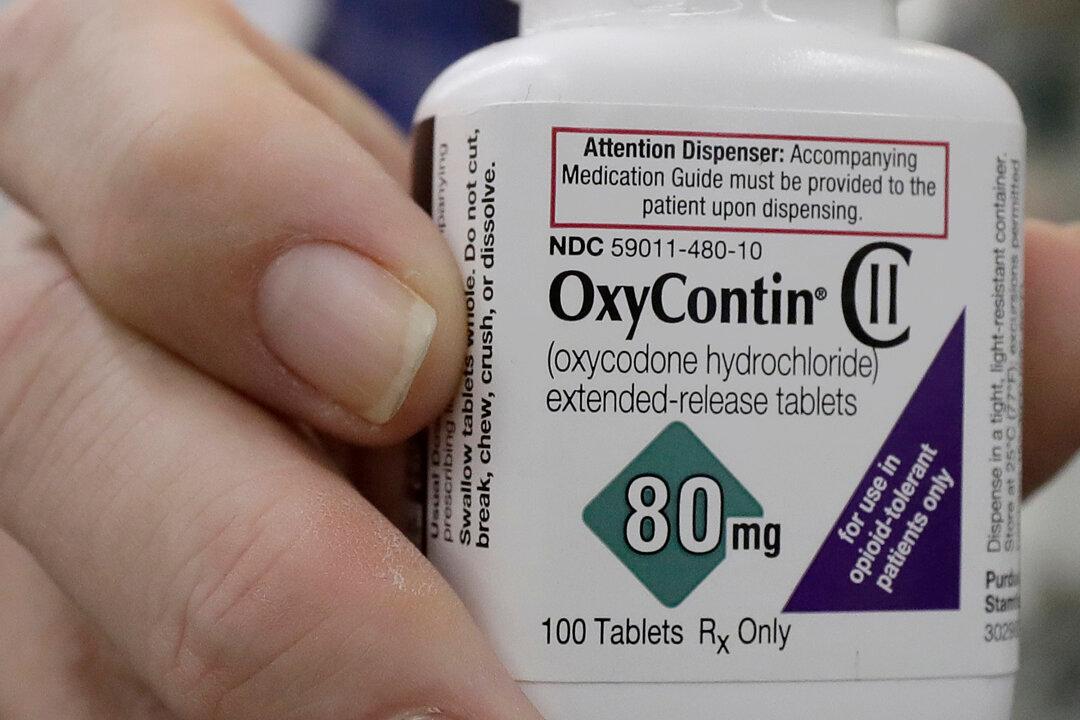The Alabama Attorney General has reached a $44 million settlement agreement with Walmart to fund opioid abatement in the state.
“Many of Alabama’s cities and counties have been pummeled by an epidemic that began with prescription opioids and has intensified to illicit opioids like heroin and fentanyl,” Attorney General Steve Marshall said in a press release. “In fact, this year, fentanyl and other opioids were recorded as the number one greatest drug threat in the State of Alabama. The agreement we have reached with Walmart will accelerate another funding stream to our locals, providing immediate aid to their fight against addiction and overdose.”





